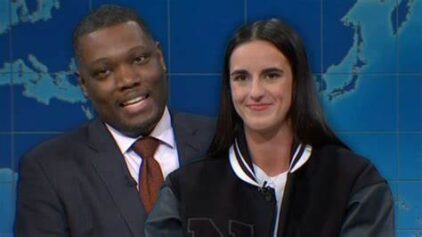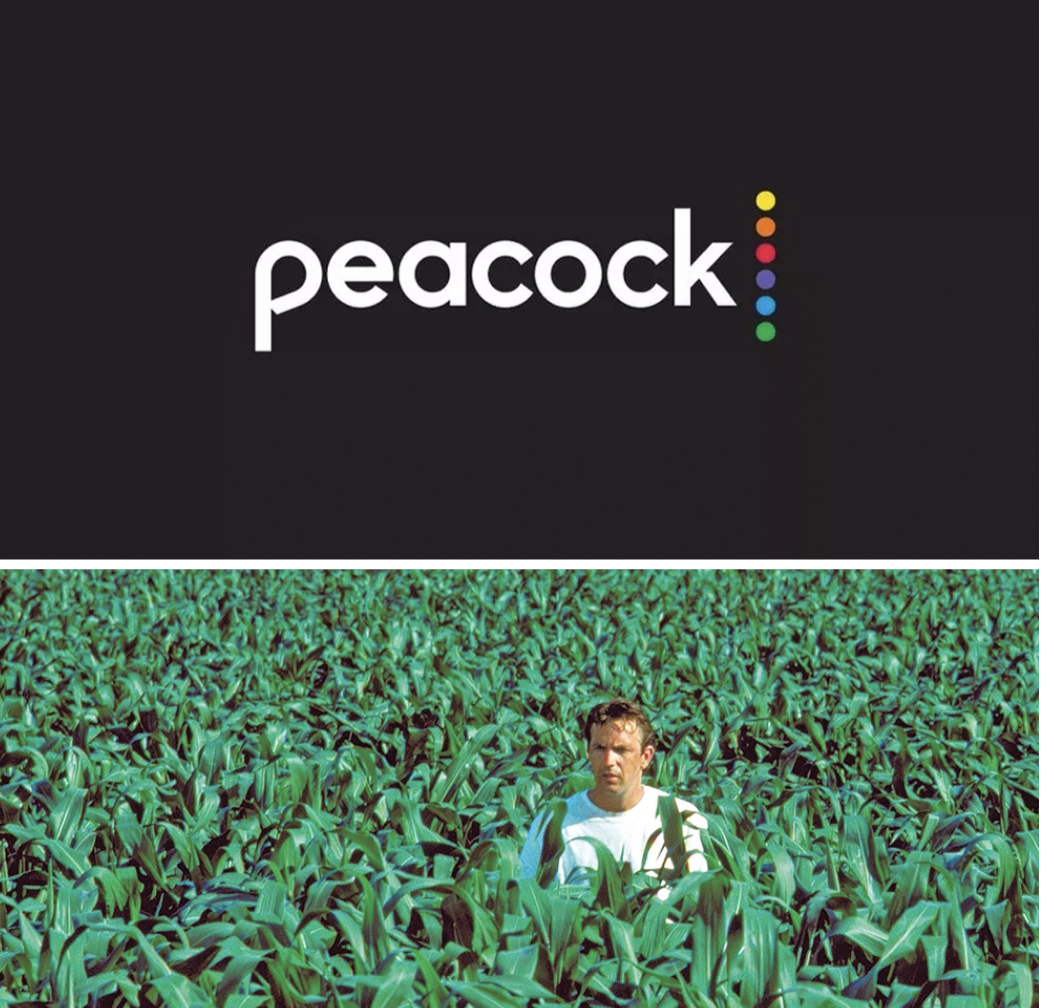In 1982, Eddie Murphy was a rising star on the entertainment landscape due to his hilarious and brilliant work on Saturday Night Live, almost singlehandedly reviving the then struggling show.
He was cruising along and fast becoming one of the most popular celebrities in America, but his big screen debut in 48 Hours would eventually make him one of the sought after stars in Hollywood. The film opens with prisoners working a road detail in California when a man drives up in a pickup truck claiming to be in need of assistance due to a busted radiator.
In what is clearly a ruse, the trucker and an inmate named Albert Ganz get into a brawl in which the trucker, named Billy Bear, slips him a weapon. Ganz used the weapon to kill two of the three guards working the detail and flees. Weeks later, the very same duo kills one of their former associates, a man named Henry Wong.
Detective Jack Cates (Nick Nolte) of the San Francisco Police investigates a man at the Walden Hotel who checked in under an assumed name. Unbeknownst to the investigating trio of cops, the man theyre investigating is none other than Ganz. He kills both of Cates’ companions, steals his gun, and escapes.
Eddie Murphy – Roxanne (english)
I do not own any of this material
Cates is eventually pointed in the direction of Reggie Hammond (Eddie Murphy), a convicted armed robber serving the last six months of a three-year bid. In comedy, the intersection between improbability and reality is where the laughs live. To that end, Detective Cates gets Hammond released on a 48-hour furlough to help him find those responsible for the murders of his friends and fellow officers.
48 Hrs Redneck Bar Scene
Uploaded by TheREALJackael on 2014-04-20.
Much of the primary fuel for the film is Murphys mannerisms and dialogue juxtaposed to the stern veneer and reactions of Nick Nolte. From Eddies rendition of The Police’s classic song Roxanne to his improbable handling of a group of Confederate sympathizers at a redneck bar, to his fight with a police chaperone, every scene in which he is the focal point is hilarious and well done.
48 Hours was based on an idea by Lawrence Gordon, with the original premise being a kidnapping plot involving the Governor of Louisianas daughter. Her assailants were to strap dynamite to her head and blow her up in 48 hours if their demands arent met. The original script idea may have been conceptualized as far back as 1971, with the original premise being that the meanest cop teams up with the most heinous criminal in the prison to track down his former cellmate. Clint Eastwood and Richard Pryor were the dream players.
48 Hrs. – Trailer
Nick Nolte and Eddie Murphy make one of the most unusual and entertaining teams ever in Walter Hill’s rollercoaster thriller, 48 Hrs. Nolte is a rough-edged cop after two vicious cop-killers. He can’t do it without the help of smooth and dapper Murphy, who is serving time for a half-million dollar robbery.
However, Eastwood did Escape from Alcatraz instead. And, as they say, the rest is history. After Eastwood stepped away, Pryor no longer had any interest. After Pryor, execs wanted to give Gregory Hines, then a tremendous star of stage, screen and dance, the lead role. As the world turned, Eddie Murphy was becoming a megastar before our eyes after only two seasons at SNL. Initial filming for the project began in May 1982, with Murphy arriving on set a few weeks late due to his shooting schedule on Saturday Night Live.
Paramount Studios head Michael Eisner was worried that the film wasnt funny enough and told Walter Hill and screenwriter Larry Gross to add more jokes in which the personality clash between Nolte and Murphy’s characters were exploited. Though its impossible to say, Eisners concern likely led to more jokes that played off racial stereotypes of black and white males. According to Hill, Murphys character was rewritten right up until the last day of shooting.
48 Hours grossed $4,369,868 in its opening week, eventually garnering $78,868,508 at the domestic box office. It is considered by many as one of the best films of 1982 and one of the greatest buddy cop films of all-time.
From Trading Places and to the Beverly Hills Cop franchise and Harlem Nights, Eddie Murphy would go on to dominate the ’80s and ’90s cinematically. So much so that he is one of those rare black actors who can make as many bad movies as he wants these days, with a rep so large that Hollywood execs will still offer a wheel barrel full of cash for his services.



